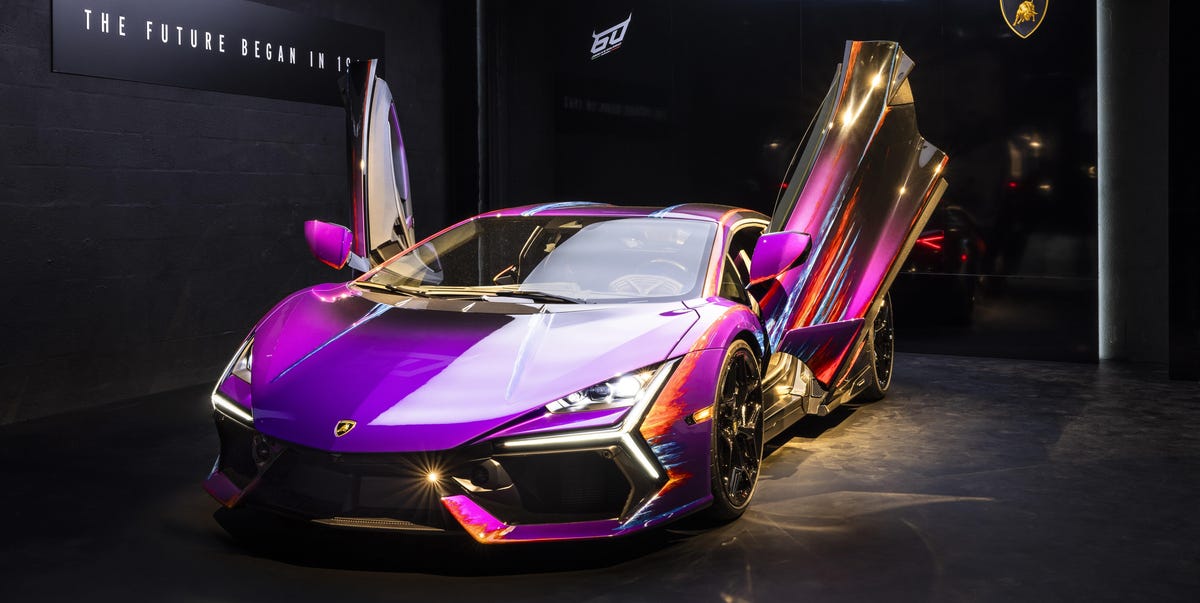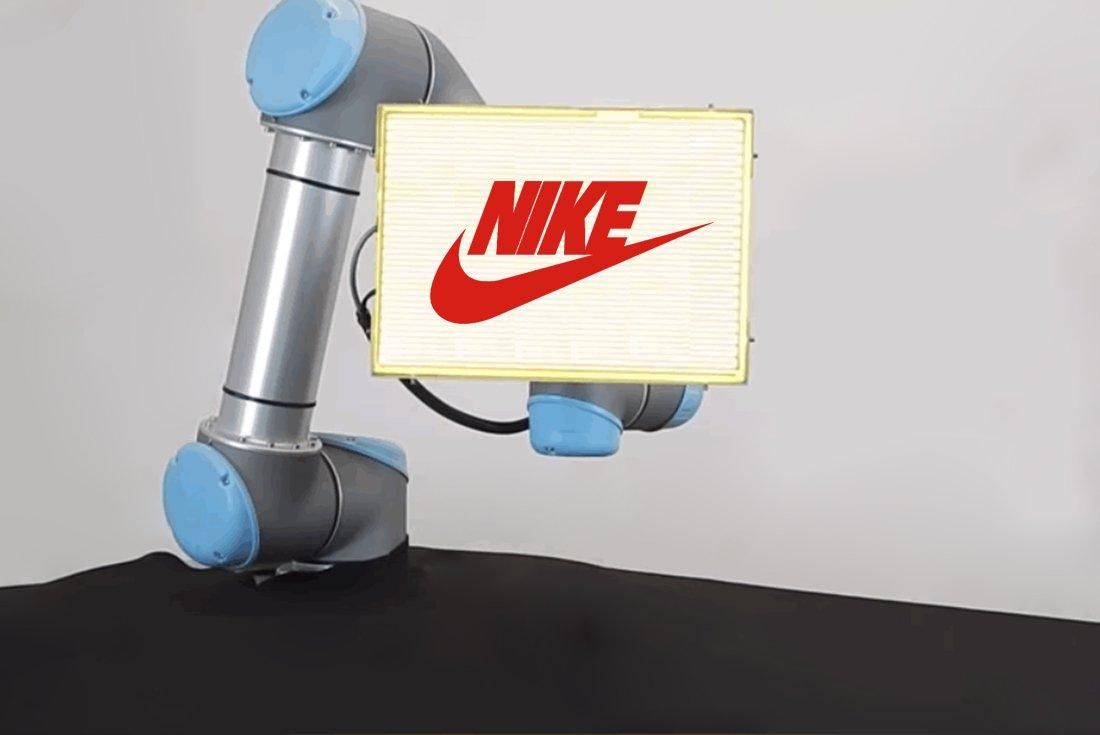The China Factor: Examining Luxury Automakers' Struggles

Table of Contents
Intense Competition from Domestic Brands
The rise of Chinese domestic luxury brands represents a major challenge for established players. Companies like Hongqi, Nio, and the luxury arm of BYD are rapidly gaining market share, fueled by several key factors:
-
Technological Advancements: Domestic brands are investing heavily in cutting-edge technologies, particularly in electric vehicles (EVs) and advanced driver-assistance systems (ADAS), often surpassing established brands in certain areas. Nio, for example, is known for its battery-swapping technology and sophisticated digital interfaces.
-
Aggressive Pricing Strategies: Domestic competitors often offer comparable features and technology at more competitive price points, directly undercutting the established luxury brands. This aggressive pricing strategy is particularly appealing to price-sensitive yet aspirational Chinese consumers.
-
National Pride: A strong sense of national pride plays a significant role in consumer choice. Many Chinese consumers actively prefer to support domestic brands, boosting the market share of these up-and-coming companies.
-
Government Support: The Chinese government actively supports the growth of its domestic automotive industry through subsidies, tax breaks, and favorable regulations, creating a competitive advantage for these brands.
The success of these domestic brands is undeniable. Hongqi, once a relic of the past, has become a symbol of modern Chinese luxury, significantly impacting the market share of established German and other international brands.
Evolving Chinese Consumer Preferences
The preferences of Chinese luxury car buyers are rapidly evolving, demanding adaptation from established automakers. These changes include:
-
Electrification: There is a strong and growing preference for electric vehicles (EVs) and hybrid models. Chinese consumers are increasingly environmentally conscious and drawn to the advanced technology associated with electric vehicles.
-
Tech-Savvy Consumers: Chinese luxury car buyers prioritize advanced technology and digital features. Connectivity, autonomous driving capabilities, and sophisticated infotainment systems are crucial selling points.
-
Personalization: A growing demand for personalized experiences and customization options is evident. Consumers want vehicles that reflect their unique style and preferences.
-
Sustainability: Increased awareness of environmental concerns and sustainability is influencing purchasing decisions, with consumers favoring brands committed to eco-friendly practices.
Luxury automakers who fail to adapt to these shifting preferences risk losing significant market share to more agile and responsive domestic competitors. Brands that successfully embrace electric mobility and prioritize technological advancements are better positioned for success.
Navigating Regulatory Hurdles and Trade Tensions
The Chinese automotive market is characterized by complex regulations, import tariffs, and potential trade disputes. Successfully navigating these hurdles is crucial for profitability and market access:
-
Emission Standards: Stringent emission standards and environmental regulations require significant investment in cleaner technologies and compliance efforts.
-
Import Duties and Taxes: High import duties and taxes significantly increase the cost of imported vehicles, impacting profitability and price competitiveness.
-
Government Approvals: Navigating the often complex government approvals and licensing processes can be time-consuming and costly.
-
Geopolitical Factors: Geopolitical factors and potential trade tensions between China and other countries can create uncertainty and impact market access.
These regulatory challenges require careful strategic planning and compliance expertise. Automakers must anticipate and adapt to evolving regulations to maintain their presence in the market.
Marketing and Brand Positioning Challenges
Successfully marketing and positioning luxury brands in China demands a nuanced understanding of the local market and consumer behavior:
-
Cultural Nuances: Understanding the cultural nuances and consumer behaviors is paramount. Marketing campaigns need to resonate with the local context and values.
-
Digital Marketing: Effective digital marketing strategies are essential for reaching Chinese consumers. This includes leveraging social media platforms popular in China, such as WeChat and Weibo.
-
Building Brand Trust: Building brand trust and loyalty is crucial in a competitive landscape where domestic brands are rapidly gaining ground.
-
Influencer Marketing: Leveraging the power of social media influencers is key to reaching target audiences and building brand awareness.
Successful marketing campaigns in China often integrate traditional and digital approaches, utilizing influencer marketing to build trust and engage with consumers effectively.
Overcoming the China Factor: A Path Forward for Luxury Automakers
The Chinese luxury car market presents significant challenges: intense competition from domestic brands, rapidly evolving consumer preferences, complex regulatory hurdles, and the need for sophisticated marketing strategies. However, these challenges also present opportunities for innovation and growth. Luxury automakers can address these difficulties by:
-
Increased Localization: Increasing localization efforts, including establishing manufacturing facilities and R&D centers in China, is vital to reduce costs and better meet local needs.
-
Strategic Partnerships: Strategic partnerships with Chinese companies can provide access to local expertise and distribution networks.
-
Investment in R&D: Significant investment in R&D for EVs, autonomous driving technology, and other innovative features is essential for competitiveness.
-
Tailored Marketing: Developing tailored marketing campaigns that resonate with Chinese consumers, respecting cultural nuances and utilizing relevant digital platforms, is critical.
Understanding and effectively addressing the "China Factor" is paramount for long-term success in the luxury automotive market. The companies that successfully navigate these challenges will be well-positioned to capture a share of this lucrative yet complex market. We encourage you to further research the intricacies of the Chinese luxury car market and learn from the successes and failures of established brands striving to overcome the "China Factor." [Link to relevant resources, industry reports, etc.]

Featured Posts
-
 Post Roe America How Otc Birth Control Impacts Womens Health
Apr 22, 2025
Post Roe America How Otc Birth Control Impacts Womens Health
Apr 22, 2025 -
 Hegseth Faces Backlash Over Leaked Signal Chat And Pentagon Allegations
Apr 22, 2025
Hegseth Faces Backlash Over Leaked Signal Chat And Pentagon Allegations
Apr 22, 2025 -
 Why Nike Shoe Production Remains A Challenge For Robots
Apr 22, 2025
Why Nike Shoe Production Remains A Challenge For Robots
Apr 22, 2025 -
 Los Angeles Palisades Fire A List Of Celebrities Who Lost Properties
Apr 22, 2025
Los Angeles Palisades Fire A List Of Celebrities Who Lost Properties
Apr 22, 2025 -
 Canadian Bread Price Fixing Lawsuit 500 Million Settlement Hearing Scheduled
Apr 22, 2025
Canadian Bread Price Fixing Lawsuit 500 Million Settlement Hearing Scheduled
Apr 22, 2025
